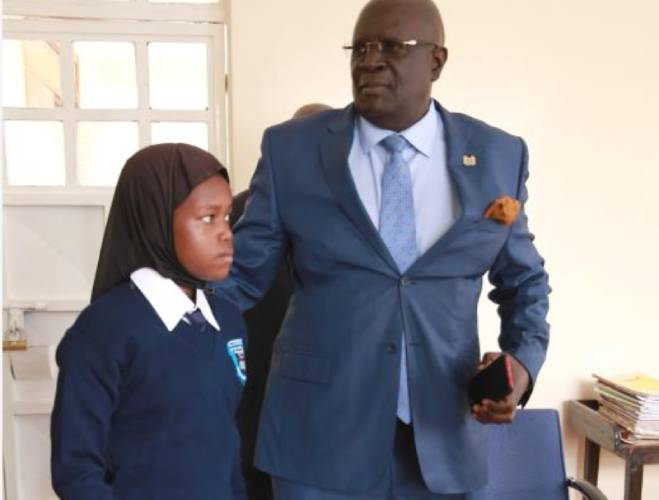×
The Standard e-Paper
Fearless, Trusted News

With Form One admission closed, focus is now shifting to the tricks principals and school boards will employ to load additional levies on parents.
The Ministry of Education allows schools to charge additional levies on parents as long as the monies have been deliberated on and passed in meetings through consensus.